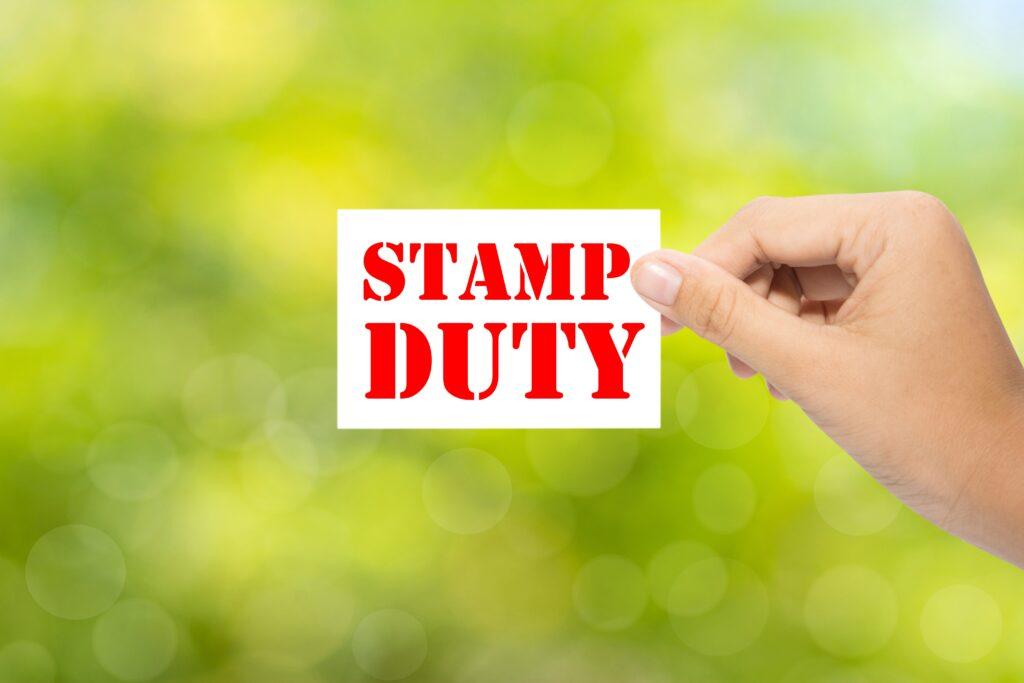Stamp duty and registration charges significantly increase the cost of buying a property—In India, a homebuyer has to pay stamp duty between 4-10 per cent and registration charge at one per cent of the property value. More importantly, buyers invariably have to arrange this extra money on their own as banks typically offer only 80 per cent of the property value as home loan, leaving the borrower on their own to arrange money for all additional expenses incurred during the purchase process. Land registration determines the registration costs and stamp duty charges in any state of the country. The stamp duty charges are determined based on the property’s value in the real estate market.

If you wish to buy a property in any part of the country the government will charge you stamp duty and registration charges. So, before applying for a home loan, it’s beneficial to delve into stamp duty charges and property registration fees. Apart from this, the owners of the house are paying tax on their properties and availing a lot of tax benefits.
When can you claim this deduction?
This deduction can only be claimed in the year the actual payment is made towards these expenses. If you buy the property on 30th August 2018 and pay its stamp duty and registration charge, you can claim these expenses under section 80C only in FY 2018-19. Both an individual and a HUF can claim this deduction in their income tax return.
Who can claim these benefits?
Under the law, individuals as well as Hindu Undivided Families (HUFs) can claim the rebate against stamp duty and registration charge they pay on property purchase under Section 80C.
There are three methods for paying stamp duty:
E-stamping,
Franking
paper with no judicial stamps
Registration fees
1.Depending on the property’s location, it is typically calculated at a rate of 1% of the total cost of the property or its market value.
2.There are various registration fee caps because registration fees are regulated by state law.
3.This fee must be paid to have the property registered in the buyer’s name. The registration fee is calculated as a portion of the property’s overall cost.
4.In addition to paying stamp duty, the buyer must also pay a registration fee on the property.
Joint Owners
If you have purchased the property jointly, the co-owners can claim these expenses in their respective income tax returns based on their share in the property. However, the maximum limit of Rs. 1,50,000 available under section 80C shall apply.
Factors Affecting Stamp Duty and Registration Charges of a Property
1.The owner’s gender
2.The owner’s age
3.Commercial or residential status
4.Type of property
5.Size of the Property
6.market value of the property when purchased
Documents Required for Stamp Duty and Registration Charge of Property
1.Power of Attorney
2.Two reliable witnesses who will verify the parties, as well as identity cards with their images
3.Pictures of the buyer and seller
4.A pattadar passbook is crucial in the context of agricultural land.
5.Property records in their original form, signed by all parties
Property Card
6.The buyer, seller, and witnesses must all provide verification of their identities and addresses (Aadhaar Card and Pan Card)
7.Encumbrance Certificate
8.Web land copy in the context of agricultural land.
9.Payment receipt for stamp duty and registration charges
Methods of Paying Stamp Duty
1.E-stamping
2.Franking
3.Non-Judicial Stamp Paper




